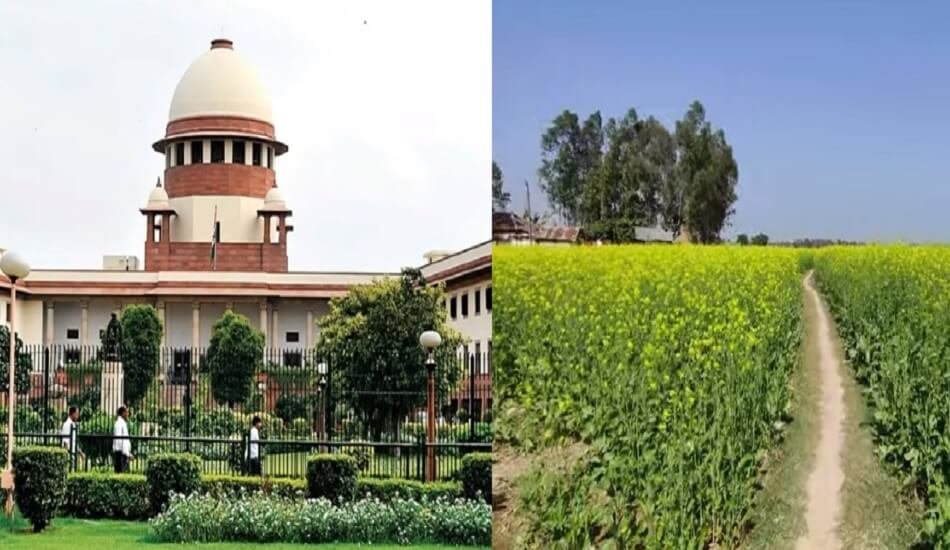Supreme Court to govt, if Indian agri would be ‘doomed’ without GM crops?
The Supreme Court asked the government on Thursday whether there is a ‘compelling cause’ for it to proceed with the introduction of GM mustard, questioning if Indian agriculture would be ‘doomed’ without GM crops.
‘Is there a compelling reason why this hybrid DMH-11 [Dhara Mustard Hybrid-11] should be released now?’ Can you not consider adding further protections, safety measures, experimentation, and consultation and considering releasing it later after you have a better grasp of it? ‘We are asking because it is claimed that the release today will have a lasting and irreversible impact on the environment,’ Justice BV Nagarathna asked Attorney General R Venkataramani and Additional Solicitor General Aishwarya Bhati, who were representing the government.
Possible conflict of interest
The court’s inquiry came a day after petitioners contended that the regulatory system overseen by the Genetic Engineering Appraisal Committee (GEAC), which approved the environmental release of DMH-11, a genetically modified mustard variation, was ‘horrendous’ and filled with conflicts of interest.
Agri News | If govt approves GM mustard, agri women workers in rural may suffer – SC
Acviss Technologies, headquartered in Bengaluru, will offer a ‘no internet’ traceability solution.
Prashant Bhushan, representing petitioner-activist Aruna Rodrigues, questioned the need for GM mustard given India has 5,477 types of mustard.
Venkataramani criticised the requirement to find a ‘compelling explanation’ as an ideological argument. He said that the government had made a policy decision. A regulatory procedure has been established. The GM crop review has been meticulously carried out over a long period of time. There were no detours taken to get an environmental permit.
‘There is no issue of a compelling cause when you cross a certain stage when your anxieties and doubts have been largely answered,’ Venkataramani said.
The Indian context
According to Justice Nagarathna, the court’s queries were based on the Indian context. ‘Indian farmers are not the same as Western farmers.’ Even with Krishi melas and Krishi darshans, most people still don’t know much about all of these genes and mutations or how to read or write. That is India’s reality. That is why we are wondering whether you have no choice but to release the GM crop under Indian settings. ‘You are doomed if you don’t do it,’ Justice Nagarathna observed.
Sofina Ventures and Temasek co-led the fundraising, with RTP Global Partners, Prosus Ventures, and Lightrock India also taking part.
It would be a ‘different scenario’ if everything was left totally in the hands of farmers, according to Venkataramani. He maintained that the issue before the court was not the ‘compelling basis’ for the GM crop policy, but rather the review and testing procedure. ‘If there is an issue with the procedure, the court will handle it.’ ‘To say the government is oblivious to the Indian context is a stretch,’ Venkataramani said.
Agri News | Farmer leaders seek PM’s intervention to withdraw Govt approval of GM-Mustard
At this point, Justice Dinesh Maheshwari noted that the Supreme Court’s own Technical Expert Committee (TEC) had said that GM crops were not intended for agricultural use in India. Justice Maheswari stated that the Committee’s reasoning was based on scientific study.
‘You (the administration) are going against what they have said. The committee focused on sustainability and the anticipated socioeconomic impact on a significant segment of the rural economy. Should you not show the court that your deviation is based on rational reasons and scientific methods if you proceed to do something that is clearly not in accordance with the TEC’s decision to ban GM mustard?’ Justice Maheshwari sought clarification from the Attorney General.
The case will be heard again in court on December 7.


















Add Comment